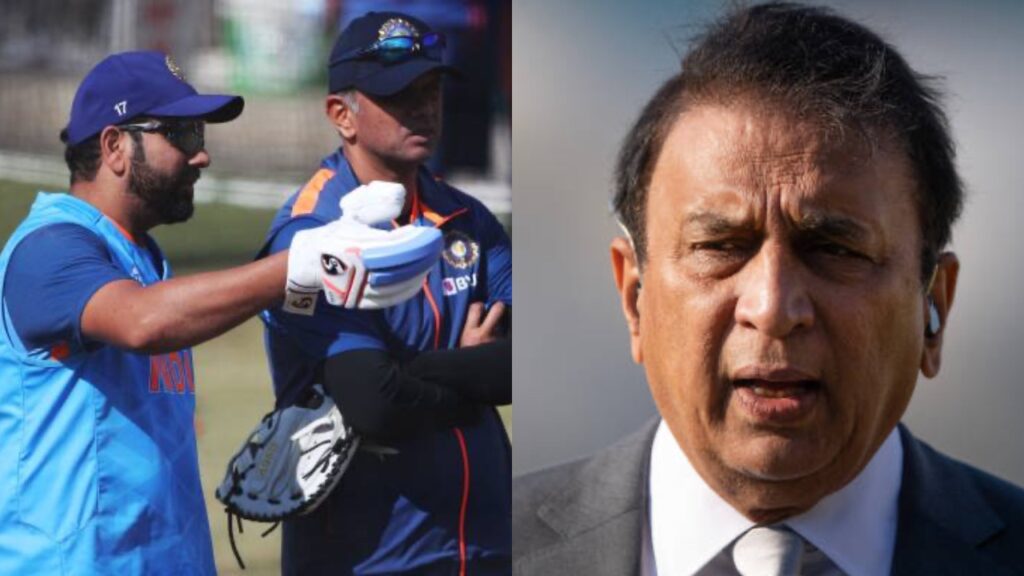Legendary Indian batsman Sunil Gavaskar has ranted against the BCCI and the selectors over their “lack of accountability” regarding captain Rohit Sharma, following India’s heart-breaking disappointing defeat in the WTC Final 2023 to Australia earlier this month at the Oval.
Rohit Sharma’s side went down by a big margin of 209 runs to Pat Cummins’ Australian team who became the new World Test Champions. Not only India lost their second consecutive WTC Final, but it also extended their decade-long ICC title drought.
Two decisions by Rohit Sharma have come under heavy scrutiny and criticism: first, to bowl first after winning the toss, and to leave out R Ashwin.
Unimpressed by both these calls from Rohit, Gavaskar went after the BCCI selectors – the committee which is still operating without a chief selector – saying that the selectors now don’t even ask the captain about his results.

Sunil Gavaskar asserted that even after losing a big final, the Indian captain Rohit Sharma gets retained.
“Did you have a meeting after the WTC Final where you discussed on whether you should appoint a captain? When we used to play, there was a selection committee meeting where a captain was appointed. Then, he would be asked to join a meeting two days later,” Gavaskar said.
“He would then tell the selectors what the team needs. But this doesn’t happen in our cricket anymore. Once you select a captain, he remains the captain no matter what. It doesn’t matter how many series you lose, you won’t be changed. If your individual performance is good, you remain captain,” he added.
The veteran commentator opined that there need to be more accountability from the selectors about taking bold calls and asking tough questions to the captain.
“If we had a strong selector, he would ask why did you drop Ashwin? Why you opted to field first? Why did you not use a short-ball tactic on Travis Head as soon as he arrived at the crease?.
“Asking these questions is important. Otherwise, there’s no accountability. You can appoint them even after asking those questions. I’m not saying drop them. But there must be accountability,” he concluded.

